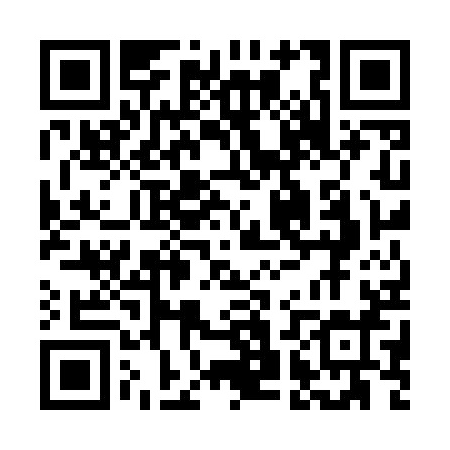FAQ Search Results
What is leakage current in a power supply?
Leakage current is also known as stray current or touch current. It is important to limit leakage current in order to protect users from dangerous touch voltage and prevent faults from occurring in the system.
At what altitudes can PULS devices operate?
PULS devices can be used without restrictions up to a height of 2000 metres above mean sea level. Above an altitude of 2000 metres, the output power must be derated, because the air pressure falls as the altitude increases. This means that the air becomes less dense, which also reduces the cooling effect of the convection air flow in the power supply.
What is the chassis ground in a power supply?
The chassis ground is a connection in a power supply that can be connected to a metal housing with an earthing conductor system or to the machine ground.
What does derating mean in relation to a power supply?
Derating is the reduction of the maximum output power, depending on the environmental conditions. It is a recommended protective measure for power supplies. It protects them from excessively high temperatures and prevents system failures.
What are IP protection classes?
IP protection classes determine the extent to which electrical equipment is protected from contact, foreign bodies and water. The numbers of the IP protection classes are defined in IEC/EN 60529 and consist of two digits. The first digit indicates the protection from contact and dust and the second digit the protection from the ingress of water.
Which protection classes are used for electrical equipment?
The IEC/EN 61140 standard classifies electrical equipment according to its safety with regard to shock currents and electric shocks.
How does overtemperature protection function in power supplies?
Overtemperature protection causes an emergency shutdown. It prevents thermal damage being caused to a switch-mode power supply or a failure of isolation as a result of excessively high temperatures.
Please, mind that only logged in users can submit questions
















